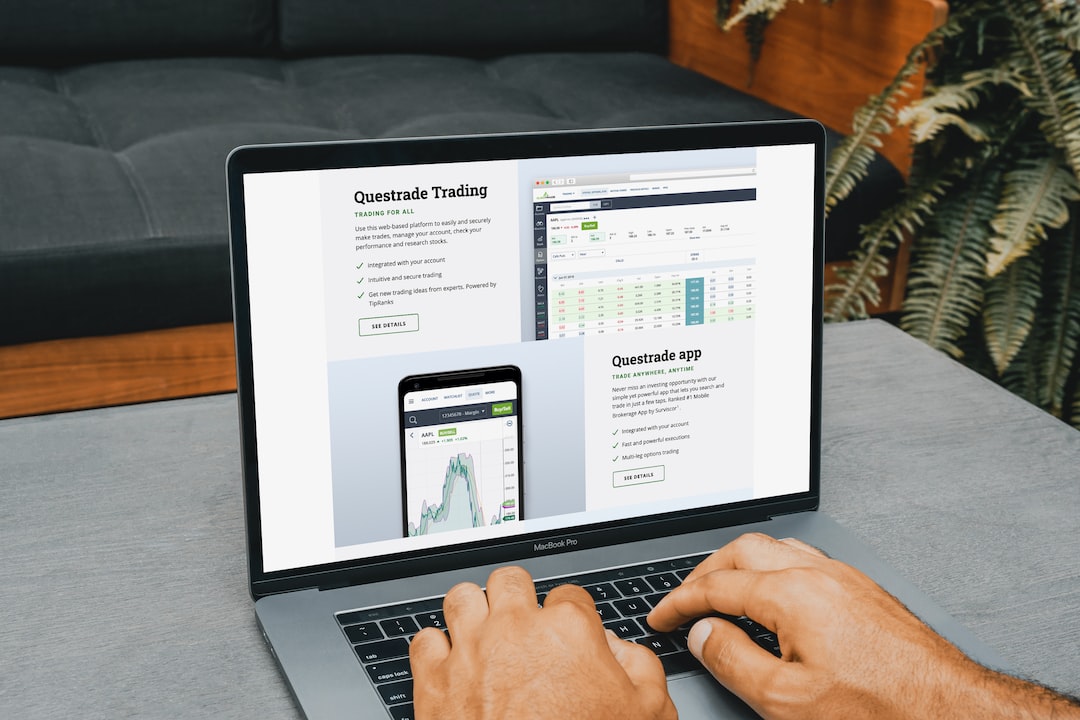Forex trading has become increasingly popular among retail traders in recent years. A retail trader forex refers to an individual trader who buys and sells currencies through an online broker. Unlike institutional traders who work for large financial institutions such as banks or hedge funds, retail traders are independent traders who trade for their own account.
Forex trading involves buying one currency and simultaneously selling another currency. The value of a currency is determined by the economic conditions of the country it represents. Therefore, forex traders need to keep a close eye on economic indicators such as gross domestic product (GDP), inflation, and interest rates to make informed trading decisions.
Retail traders typically use technical analysis and fundamental analysis to identify potential trading opportunities. Technical analysis involves studying past price movements and using charts and indicators to predict future price movements. Fundamental analysis, on the other hand, involves analyzing economic and political factors that could affect currency values.
One of the benefits of forex trading is the high liquidity of the market. The forex market is the largest financial market in the world, with an average daily trading volume of around $5 trillion. This means that traders can easily buy and sell currencies, and there is always someone willing to take the other side of the trade.
Another advantage of forex trading is the availability of leverage. Leverage allows traders to control a large amount of currency with a relatively small investment. For example, a trader with a $1,000 account could potentially control up to $100,000 in currency with a 100:1 leverage ratio. However, leverage also increases the risk of losses, and traders should use it cautiously.
Retail traders can access the forex market through online brokers. These brokers offer trading platforms that allow traders to view live prices, execute trades, and manage their accounts. Many brokers also offer educational resources such as webinars, tutorials, and demo accounts to help traders learn about forex trading.
One of the challenges of forex trading is the high level of volatility in the market. Currency prices can fluctuate rapidly in response to economic news or geopolitical events. This can create both opportunities and risks for traders. Traders must be able to manage their risk effectively by using stop-loss orders and other risk management strategies.
Another challenge for retail traders is the potential for fraud and scams. The forex market is largely unregulated, and there have been instances of unscrupulous brokers taking advantage of inexperienced traders. Traders should do their due diligence when selecting a broker, and should avoid brokers that make unrealistic promises or charge excessive fees.
In conclusion, a retail trader forex is an individual trader who trades currencies through an online broker. Forex trading offers high liquidity and leverage, but also involves high volatility and risk. Retail traders must use technical and fundamental analysis to identify trading opportunities, and must manage their risk effectively. Traders should also be aware of the potential for fraud and scams, and should choose a reputable broker.





